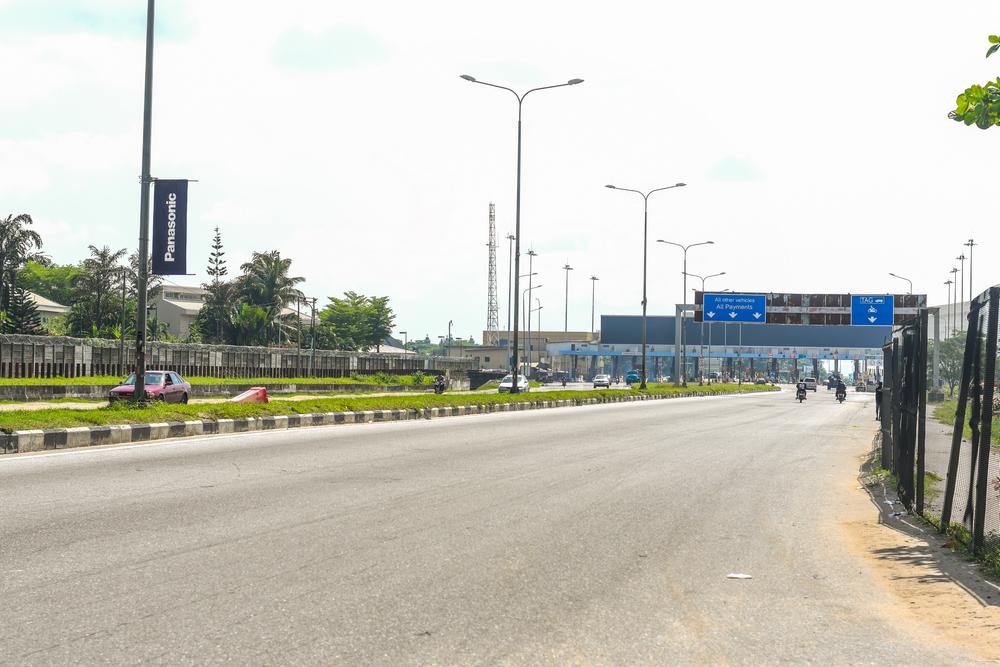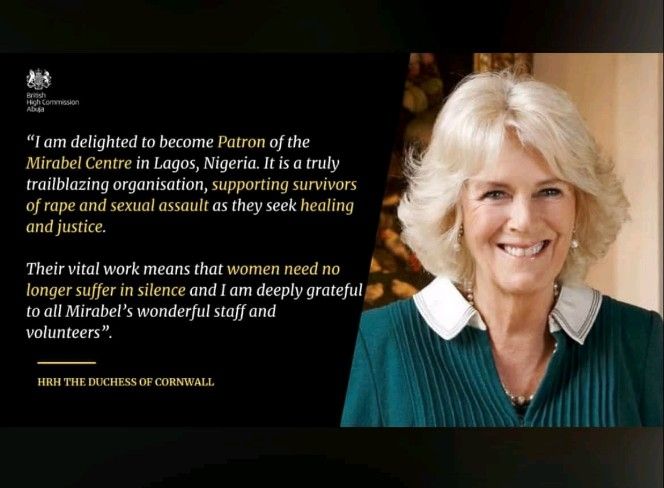Twenty-two-year-old Halima Bulama had just returned from the marriage ceremony of her relation mid-April in Kasaisa community in Damaturu, Yobe State, in northeast Nigeria when her husband, 22-year-old Ba’ari Abacha, in a fit of rage attacked her.
Mr. Abacha said his wife disobeyed him in attending the ceremony, and as punishment hacked off the woman’s right hand with a machete, according to the police.
At the teaching hospital in Damaturu where she was taken to for treatment, Halima said her husband was quick-tempered and vowed not to return to her husband in Kasaisa, one of hundreds of vulnerable communities in this Boko Haram-plagued region. “If he can cut off my hand then he can easily kill me,” she said.
The suspect, a nomad, told police he acted because of his wife’s “immoral disobedience to marital ethics.”
“She has been traveling without my permission. But as matter of fact, it was out of anger I did this. I regretted my action,” he said in the local Kanuri language at the police station.
Such attacks are common in Nigeria where violence against women remains a problem despite the growing campaign against it. But recent lockdowns imposed by the federal and states governments across the country to curtail the spread of coronavirus, has caused a spike in incidents that target women and children, activists say. This is because the restrictions have forced vulnerable persons to stay more closely to their attackers.
Continue Reading on Premium Times




